CY COLEMAN
SEARCH
Cy Coleman
Cy Coleman (b. New York City, June 14, 1929; d. November 18, 2004) was an American composer, songwriter, and jazz pianist. Born Seymour Kaufman to Eastern European Jewish parents and raised in the Bronx, Coleman was a child prodigy at the piano; starting at the age of six, he was giving recitals at Steinway Hall, Town Hall, and Carnegie Hall. He studied composition, conducting, and orchestration at New York City’s High School for the Performing Arts and at the New York College of Music, but instead of devoting himself to classical music as expected, he turned to jazz. He formed and led the Cy Coleman Trio, enjoying great popularity as a club attraction and recording artist.
Cy Coleman’s first successes as a writer of popular songs were shared with lyricist Joseph Allen McCarthy (“The Riviera”), but he soon teamed up with Broadway veteran Carolyn Leigh to score several single hits (“Witchcraft,” “The Best Is Yet To Come”) and to write musicals Wildcat (for Lucille Ball’s Broadway debut, 1960) and Little Me (with Sid Caesar in multiple roles, 1962). Coleman had not, however, found Carolyn Leigh easy to work with and, meeting Dorothy Fields at a party, asked her to collaborate with him. The result was Sweet Charity (1966), with book by Neil Simon, and starring Gwen Verdon, and two more joint projects, one a work on Eleanor Roosevelt which was abandoned, and Seesaw (1973), which enjoyed a substantial Broadway run.
Dorothy Fields died in 1974, and Coleman turned to other lyricists: Michael Stewart for I Love My Wife (1977), Betty Comden and Adolph Green for On The Twentieth Century (1978). Although Coleman had won Tony Award® nominations for every one of his Broadway scores since Little Me, On The Twentieth Century was the first to win him the Tony® outright.
Almost a decade elapsed between Barnum (1980), for which Coleman served as producer as well as composer (and for which he was again nominated for a Tony®), and his collaboration with David Zippel for City of Angels (1989). For this show, inspired by the film noir of the 1940s, Coleman returned to the jazz idiom, to great critical and popular acclaim, winning his second Tony Award® for Best Score. The very next year The Will Rogers Follies (1991), again with lyrics by Comden and Green, brought another Tony®, giving Coleman an unprecedented two in a row. Ira Gasman was Coleman’s lyricist in The Life (1997), a story of pimps and prostitutes in the big city, which ran for fourteen months.
Many of Cy Coleman’s singles and show tunes have become standards (“The Best Is Yet To Come,” “Pass Me By,” “If My Friends Could See Me Now,” “The Theme from The Heartbreak Kid,” “Witchcraft,” “Big Spender,” “Hey Look Me Over,” etc.), and as such have been featured repeatedly in films and on television, but he was also the composer for the scores of eight films, including Father Goose (1964), The Art of Love (1965), Garbo Talks (1984), and Family Business (1989). One of his most popular instrumentals, “Playboy‘s Theme,” serves as theme music for the regular TV shows and specials presented by Playboy. In 2002 Sony Classical released It Started With a Dream, a recording of Cy Coleman interpreting his own songs, singing and accompanying himself at the piano.
In all, before his death in 2004 from cardiac arrest, Coleman had taken home five Tonys® with fourteen additional nominations, two Grammys®, three Emmys®, an Academy Award® nomination, and countless other honors, among them the Johnny Mercer Award and the ASCAP Foundation Richard Rodgers Award for Lifetime Achievement in the American Musical Theater. For many years he served on the ASCAP Board of Directors and in 1981 was elected to the Songwriter’s Hall of Fame.
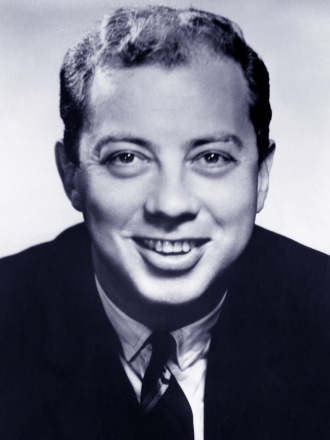
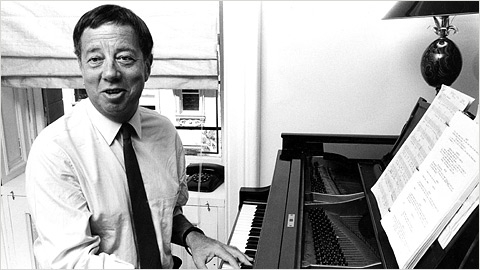
 Amanda S. Stevenson
Amanda S. Stevenson 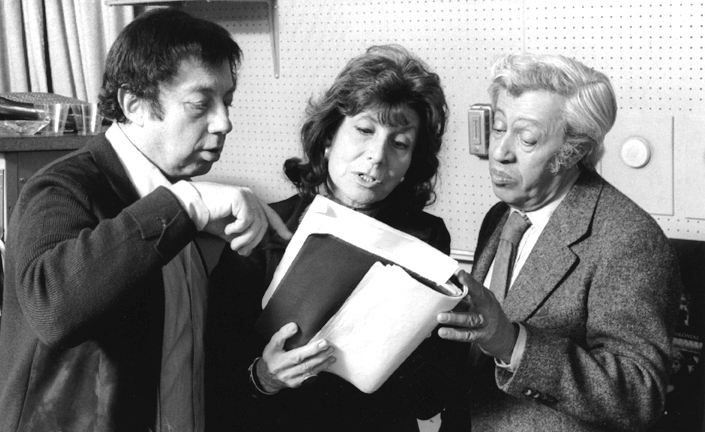
 Amanda S. Stevenson
Amanda S. Stevenson 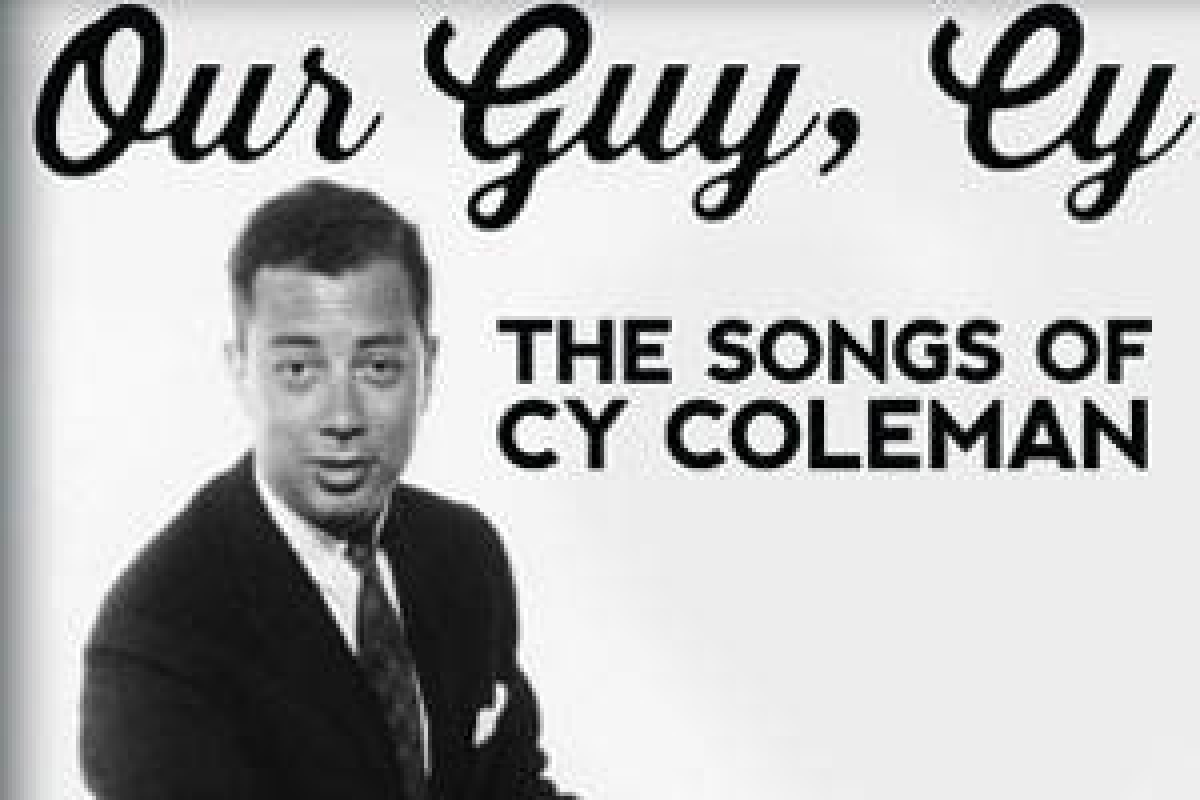
 Amanda S. Stevenson
Amanda S. Stevenson 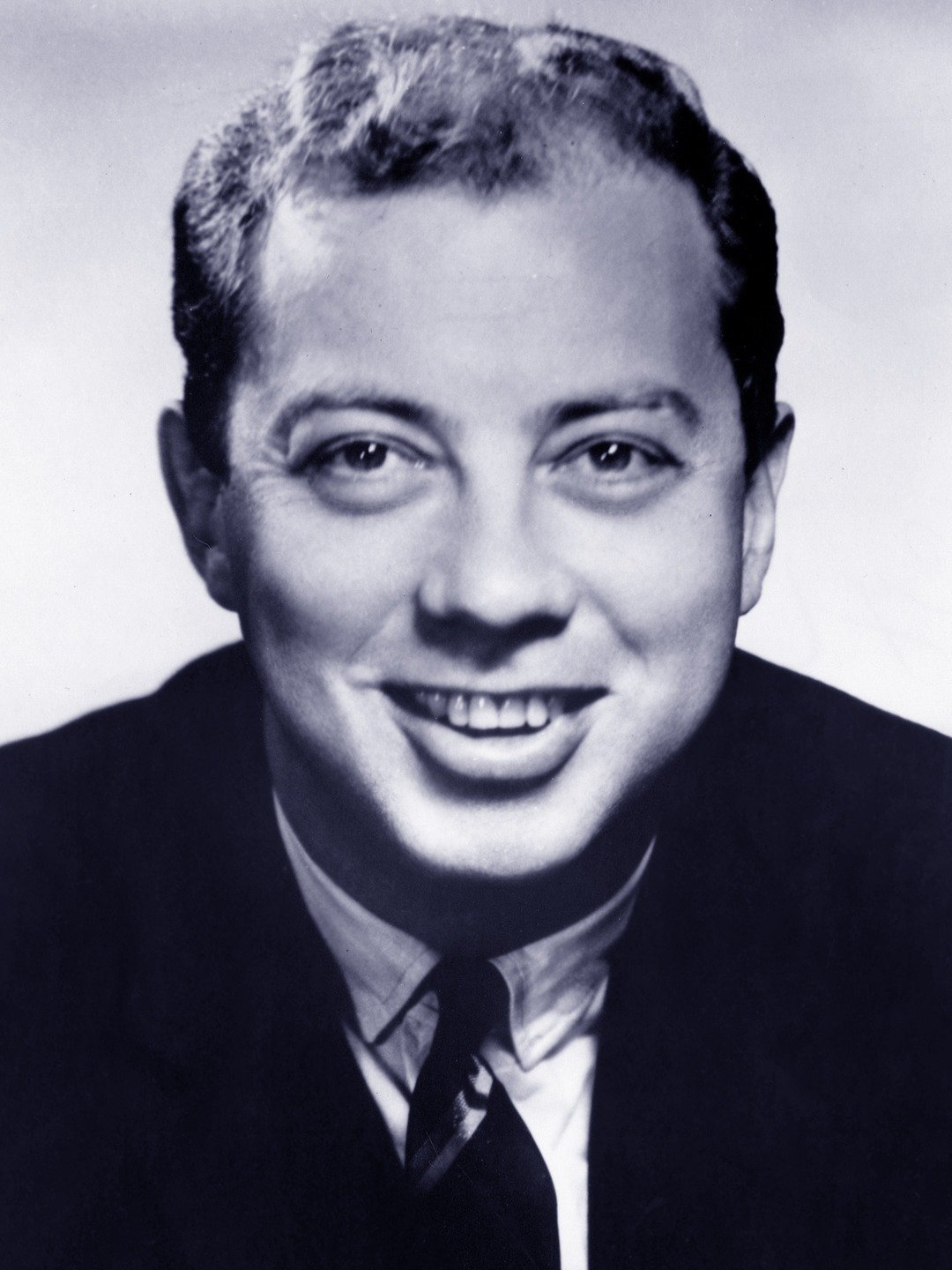
 Amanda S. Stevenson
Amanda S. Stevenson 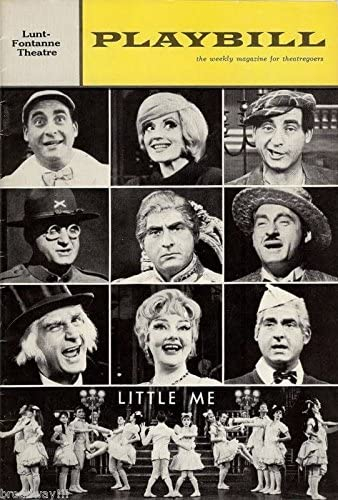
 Amanda S. Stevenson
Amanda S. Stevenson 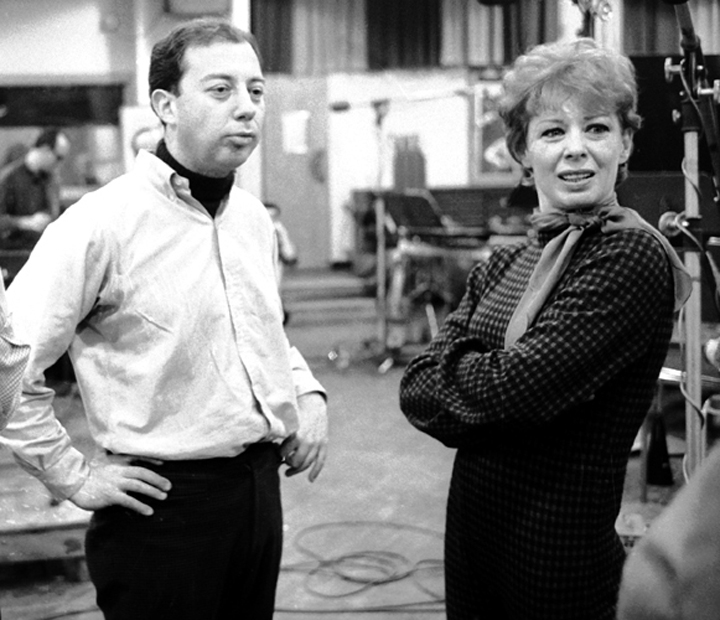
 Amanda S. Stevenson
Amanda S. Stevenson 
